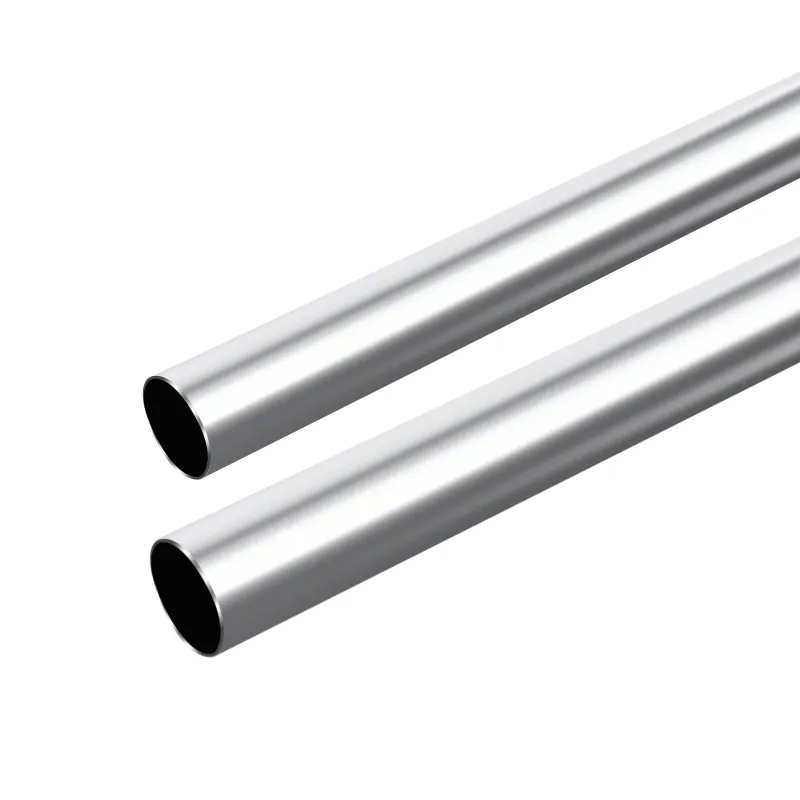
Important Car Parts An Overview
Cars are intricate machines made up of various components that work together to ensure smooth operation and safety. Understanding important car parts can help owners maintain their vehicles and troubleshoot issues when they arise. This article discusses some of the vital components that every car owner should be aware of.
1. Engine
The engine is often regarded as the heart of the vehicle. It converts fuel into mechanical energy, providing the power necessary to move the car. There are various types of engines, including internal combustion engines and electric motors. Regular maintenance, such as oil changes and checks on the cooling system, is essential to keep the engine functioning efficiently.
2
. TransmissionThe transmission is responsible for transferring the engine's power to the wheels, enabling the car to move. It allows the driver to change gears, which is crucial for adjusting speed and torque. There are two main types of transmissions manual and automatic. An automatic transmission shifts gears on its own based on the vehicle's speed, while a manual requires the driver to change gears manually. Regular fluid checks and maintenance can extend the life of the transmission.
3. Brakes
Brakes are one of the most critical safety features in any vehicle. They slow down or stop the car when needed. Most modern cars are equipped with disc brakes, which use a caliper to squeeze the brake pads against a rotor. The braking system should be inspected regularly, and components like brake pads and rotors should be replaced as they wear out to ensure optimal performance and safety.
4. Suspension
The suspension system connects the vehicle to its wheels and is responsible for providing a smooth ride. It absorbs shocks from the road and helps maintain tire contact with the surface. Key components of the suspension include shock absorbers, struts, springs, and control arms. A well-functioning suspension contributes to better handling, stability, and comfort while driving. Regular checks for signs of wear or damage are crucial to avoid potential safety issues.

5. Tires
Tires are the only contact point between your car and the road, making them essential for safety and performance. They provide traction, stability, and handling. Tires need to be maintained, which includes Regularly checking tire pressure, alignment, and tread depth. Rotating and balancing tires can also prevent uneven wear and extend their lifespan. Replacing tires when they become worn or damaged is vital to maintaining safety on the road.
6. Fuel System
The fuel system delivers gasoline or diesel to the engine, where it is mixed with air and combusted to produce power. Key components include the fuel tank, fuel pump, fuel filter, and fuel injectors. Regular maintenance of the fuel system can prevent issues such as clogged filters or failing fuel pumps, which can lead to performance problems or engine failure.
7. Electrical System
The electrical system powers various components, from the ignition system to lights and entertainment systems. Key parts include the battery, alternator, starter motor, and wiring. A weak battery can lead to starting issues, while a failing alternator can leave the vehicle without power. Regular checks and maintenance of the electrical system can prevent unexpected breakdowns.
8. Exhaust System
The exhaust system channels harmful gases away from the engine and reduces emissions. It consists of components like the exhaust manifold, catalytic converter, and muffler. A properly functioning exhaust system is essential for both performance and environmental reasons. Regular inspections can help detect issues such as leaks or blockages, which can affect engine performance and emissions.
Conclusion
In conclusion, understanding the important parts of a car is essential for every vehicle owner. Regular maintenance of these components can extend the life of the car, enhance performance, and ensure safety on the road. By being proactive and knowledgeable about car parts, you can address potential issues before they escalate and enjoy a smoother driving experience. Whether it’s through regular check-ups or prompt repairs, attention to these vital components can make all the difference in the longevity and reliability of your vehicle.